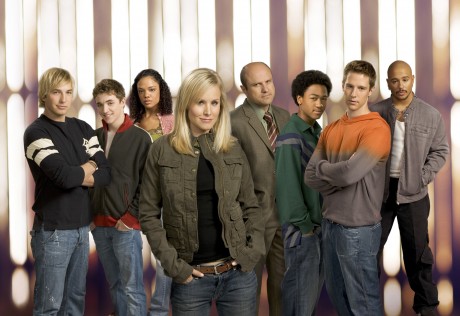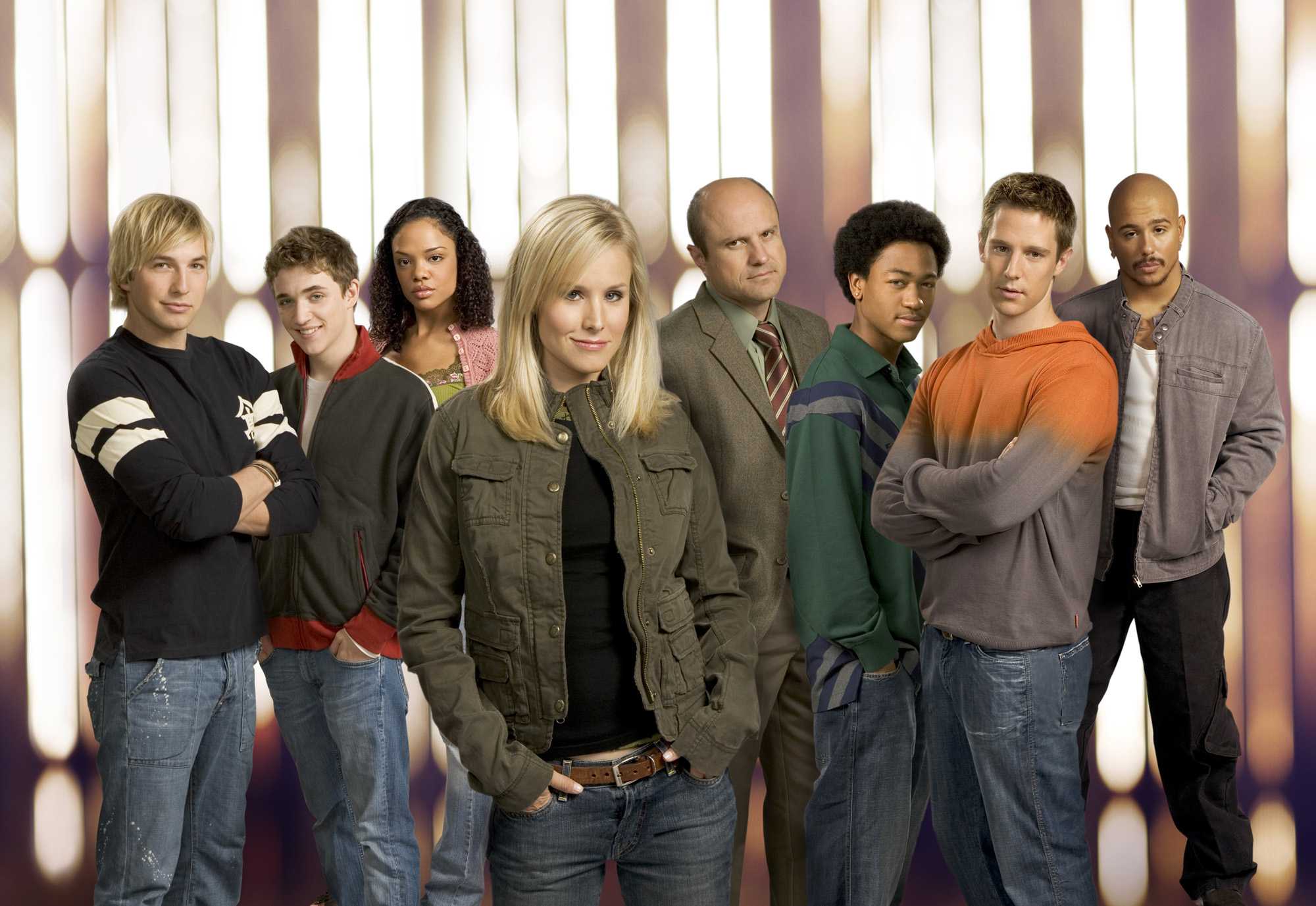
On March 13, 2012, Rob Thomas, the show runner responsible for such shows as “Veronica Mars,” “Party Down” and “Cupid,” posted a new campaign on the popular crowdfunding website Kickstarter. In less than a day, the project earned over $2 million, reached its minimum funding requirement and smashed several Kickstarter records for the highest-funded projects in the site’s three-year history. With just under a week left, the project has so far raised over $4.3 million, acquired over 60,000 unique backers and become one of the most talked-about stories in the crowdfunding and TV community, as well as an intense source of fascination across the country. That being said, I have recently found myself believing for a few reasons that this event will not be as revolutionary as everyone is hoping, and may actually be a bad sign for the future of TV.
Upside Down Business Model
The entertainment industry creates content and then attempts to sell it to the consumer. This has been the model for decades, ever since the decline of the “commissioned art” that was the norm in medieval times. As viewers, we are consumers free to spend our money and time however we choose. With commissioned art and possibly with crowdfunded projects, we are more client than consumer. What if people who contribute hundreds or thousands of dollars to the “Veronica Mars” movie don’t enjoy it? Won’t they feel cheated if they don’t enjoy it or find that the movie is different than how they imagined? With this model, the social contract that used to exist between consumer and content creator is blurred or even nonexistent, and I cannot help but think backlash will occur if the movie isn’t somehow “all things” to all its 60,000+ contributors.
TV Show to Movie Transition
Will a two-hour movie honestly be a solution to fans who felt the show ended prematurely after three full seasons aired on TV? Viewers become attached to shows over a long period of time and feel betrayed because that long-term relationship is severed. Movies, on the other hand, are secular experiences and may wet the appetite of show’s viewers temporarily, but then what? “Firefly” fans got a movie based on the show but still seem to be less than content, and vocally complain about the show’s cancellation almost as much as they celebrate the movie’s existence. Similarly, the budgets of TV shows and movies exist on different scales. Recently, Rob Thomas admitted that individual episodes of “Veronica Mars” typically cost around $2 million each, meaning the budget of the movie will only be around twice that of any given episode and will limit the production to TV standards. Will contributors feel cheated if this is the case? I think they might create a vocal backlash that could cause fans more discontent than enjoyment.
Studio Involvement
As of the time this article was written, Warner Bros., the company that produced the show, has stayed fairly quiet about the campaign. They will still have to sign off on releasing the property back to Rob Thomas after the campaign concludes, and technically they don’t have to do so. What happens if complications occur? Will they charge Thomas to buy the property? How much of the $4 million will that cost? Will they make money from ticket sales? Although being uncooperative in the slightest could easily turn into a public relations nightmare and will likely cause Warner Bros. to play along, the truth is they are engaging in uncharted territory, and smaller problems have derailed larger projects in the past. Beyond legal cooperation, the fact that WB hasn’t contributed to the project itself means they will benefit from any of the project’s success, without actually spending a dime. WB was unable to see the support for the project before fans shelled out their own funds, and somehow won’t be punished for lacking that insight. I expect more fans to begin realizing this and feeling cheated rather than vindicated by the situation.
Overall, I admit the success of the campaign is exciting and opens up many exciting opportunities to passionate TV fans such as myself, but the number of unanswered questions and potential pitfalls that lie ahead leaves me more worried than excited. I wish Thomas and the movie the best of luck, but will not be surprised if it ends up being more of a one-time fluke than a paradigm-shifting revolution in the medium.







